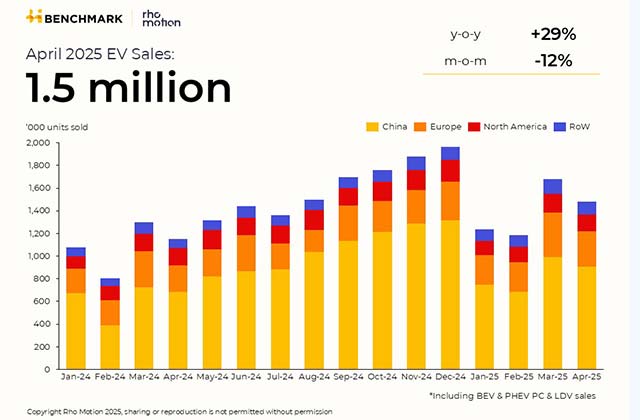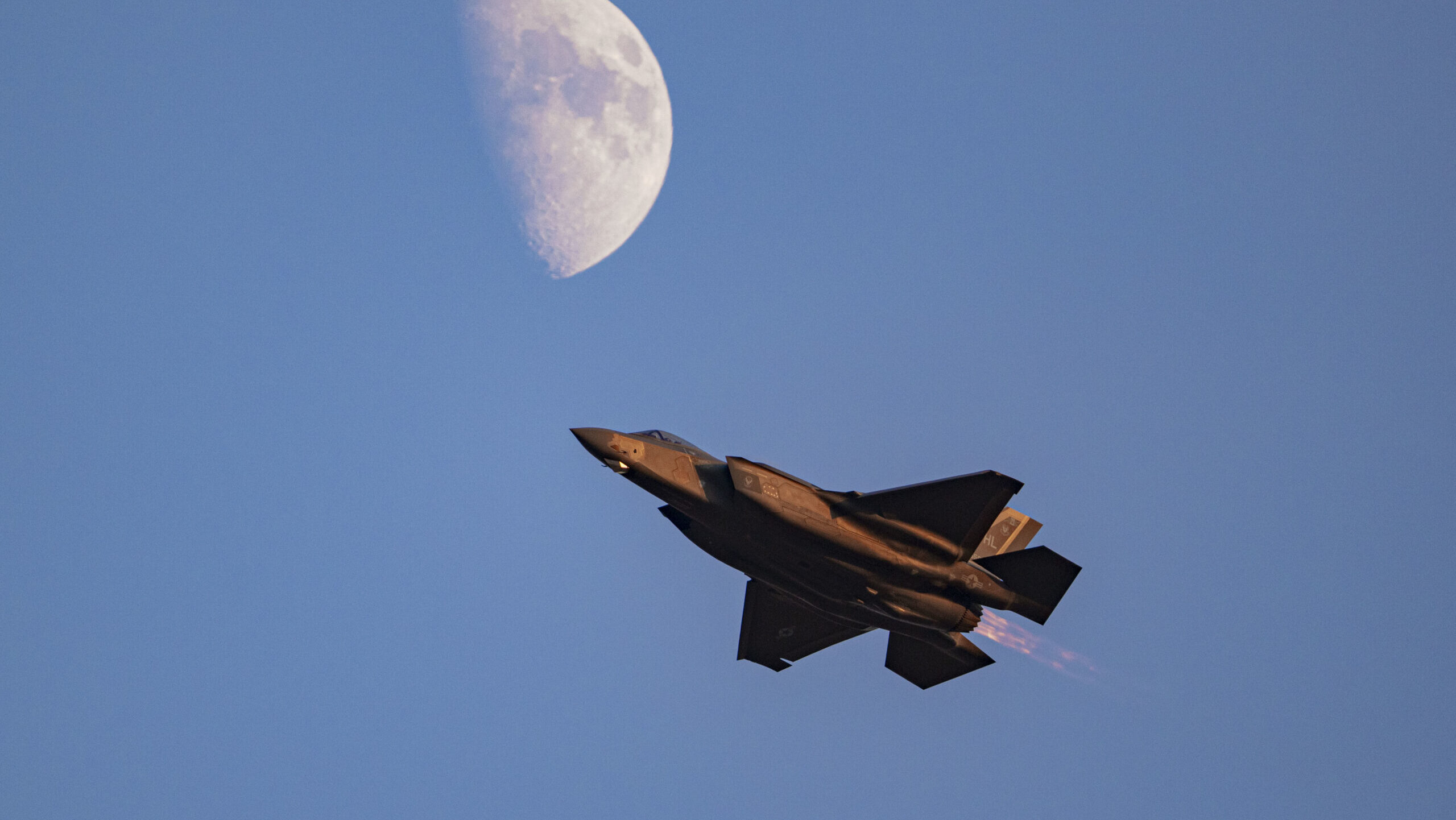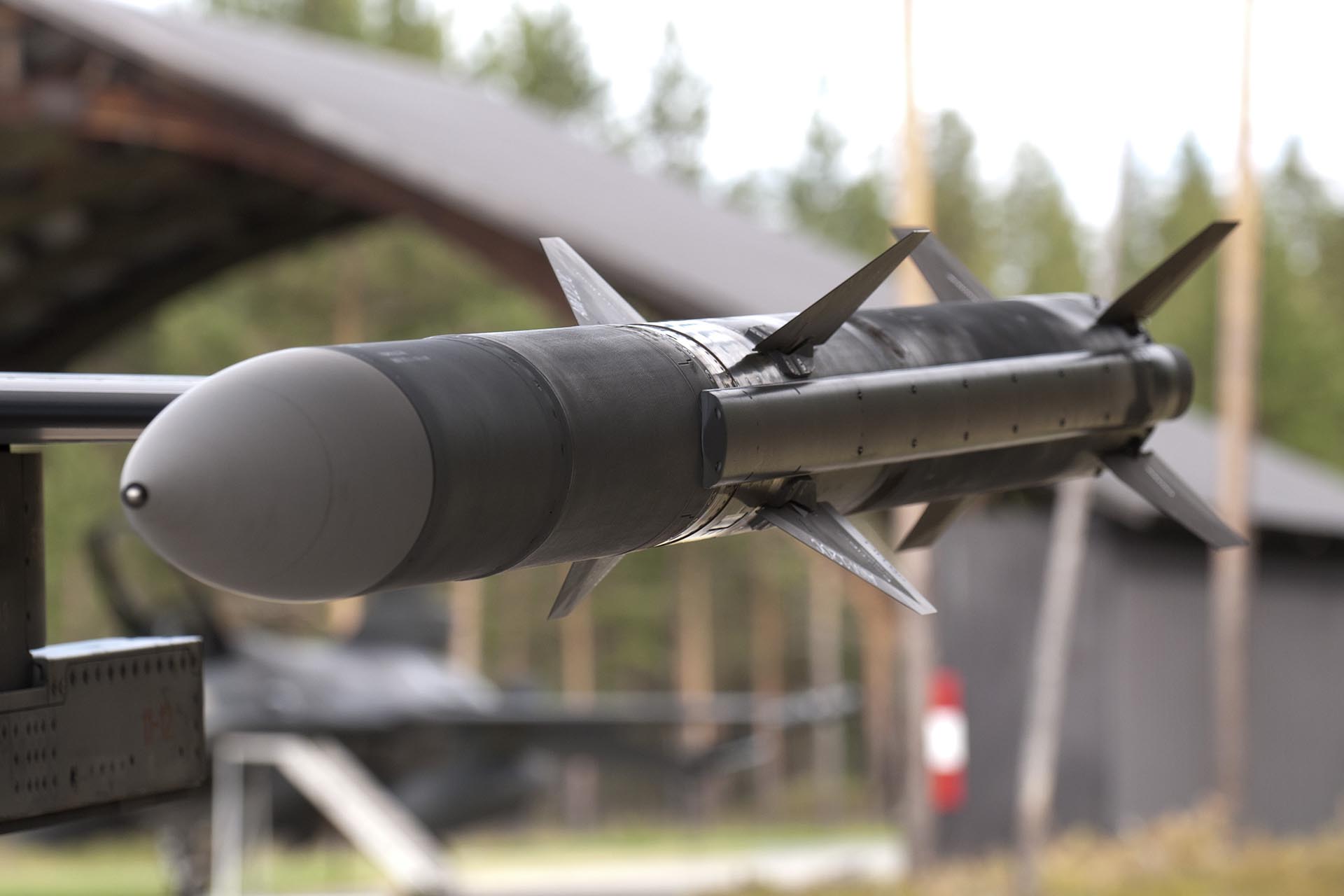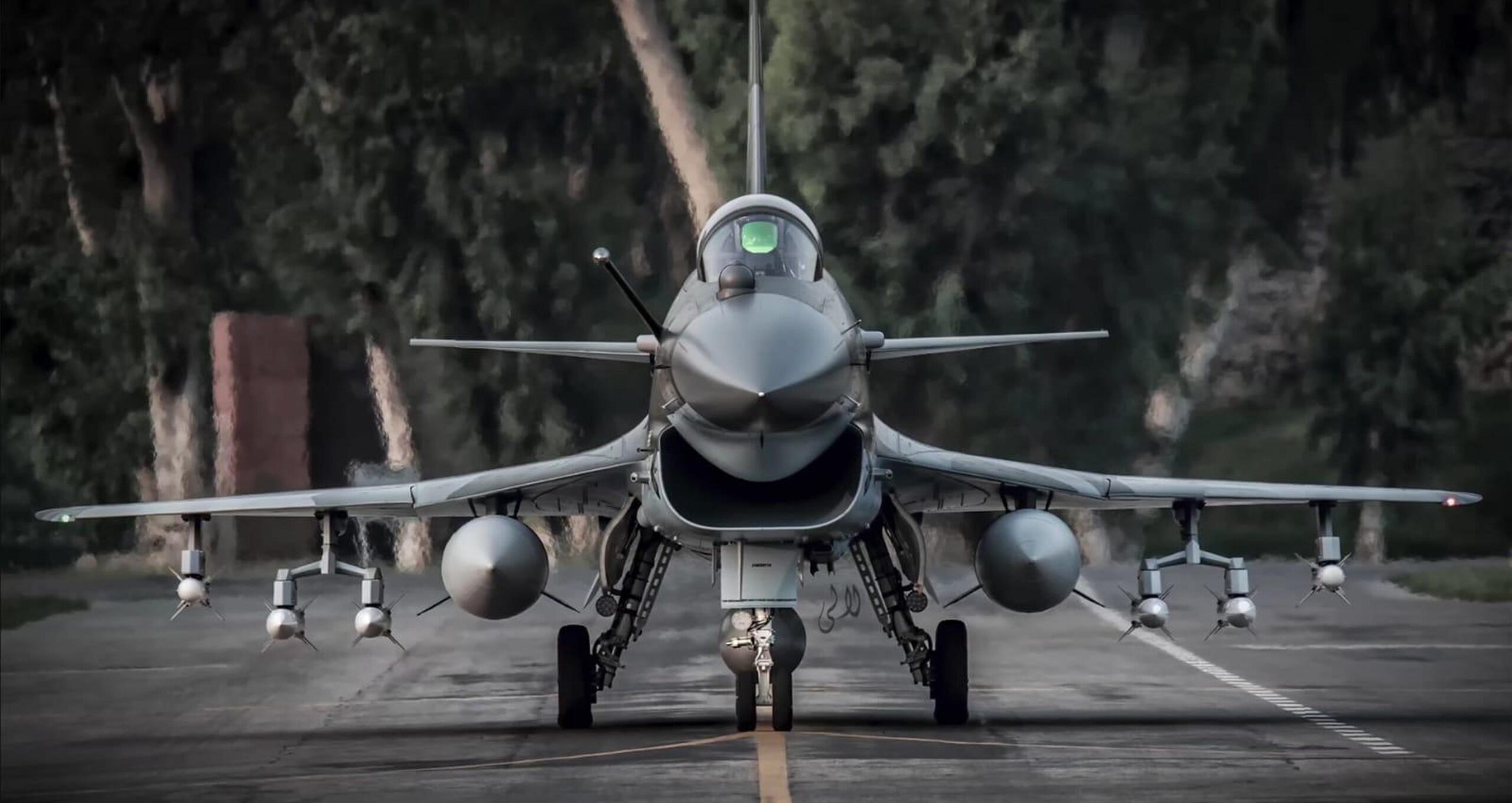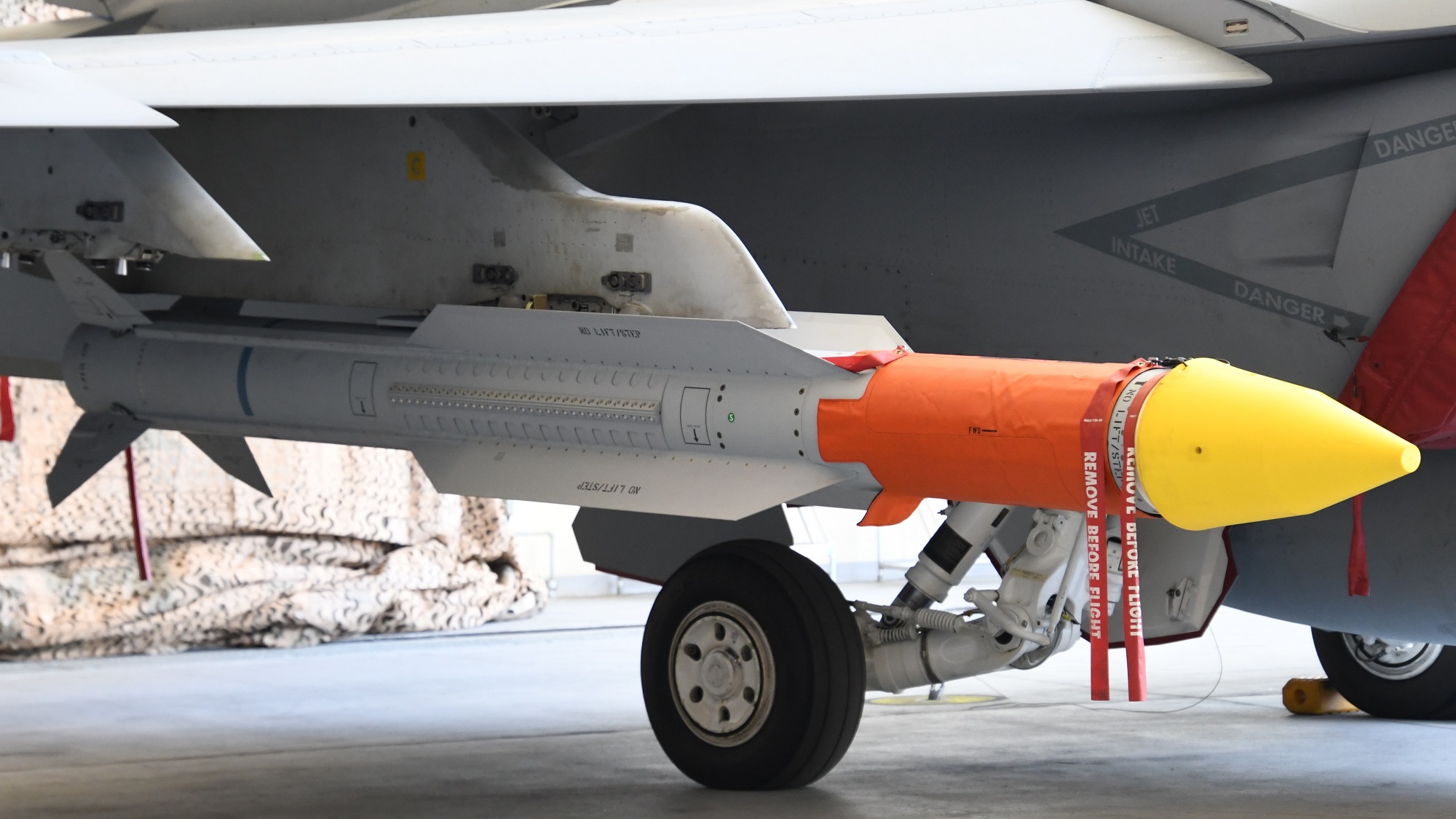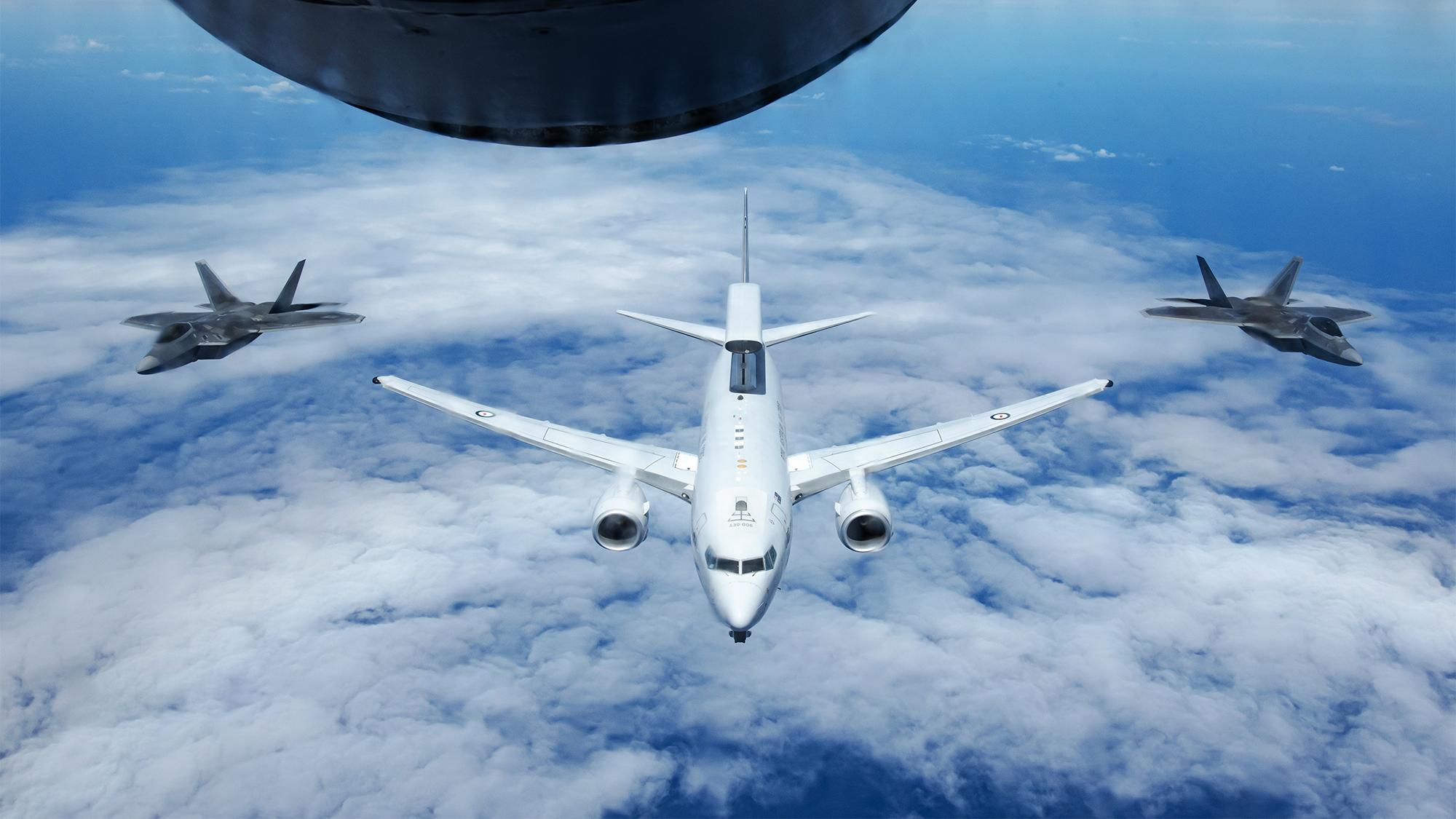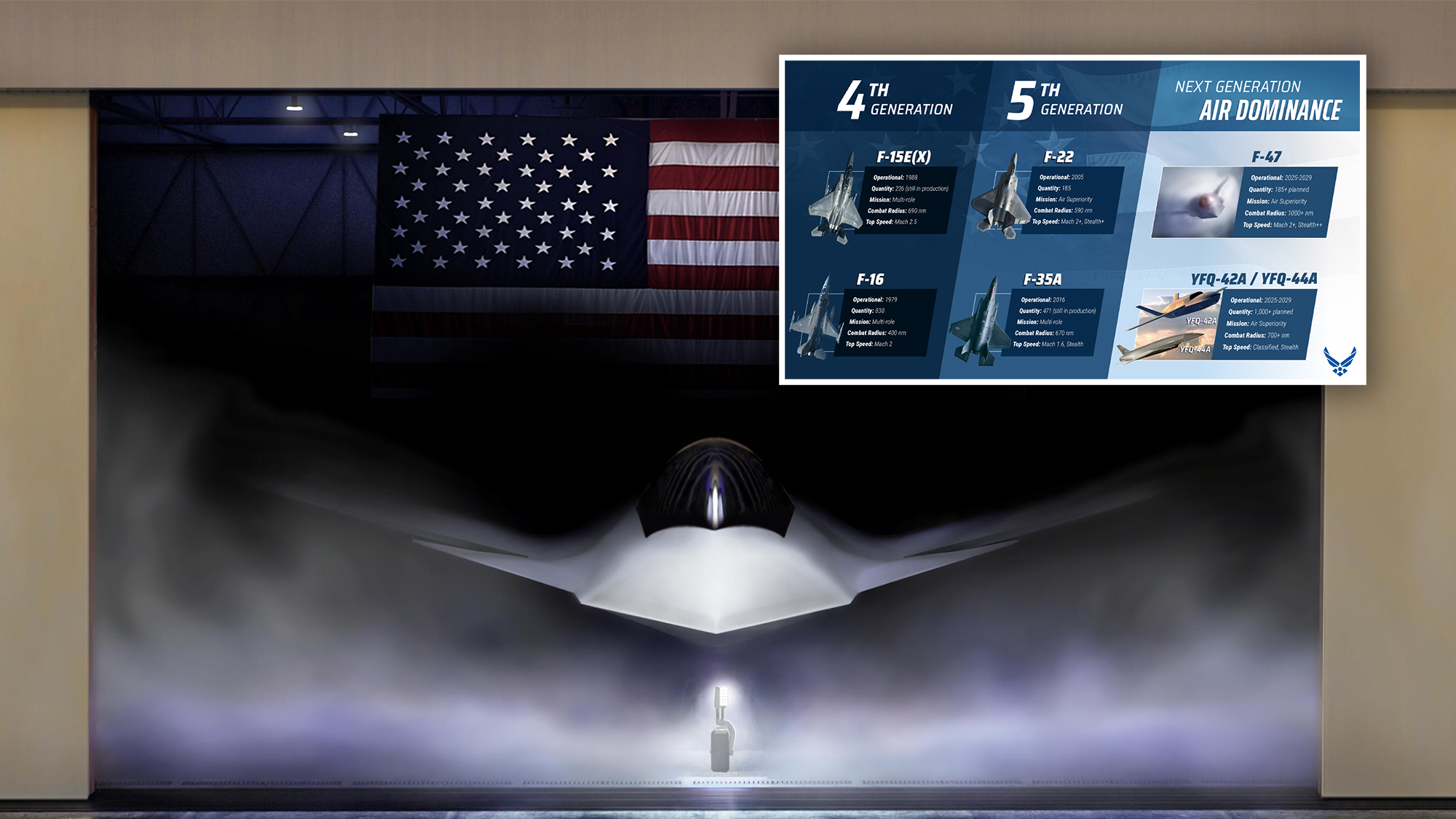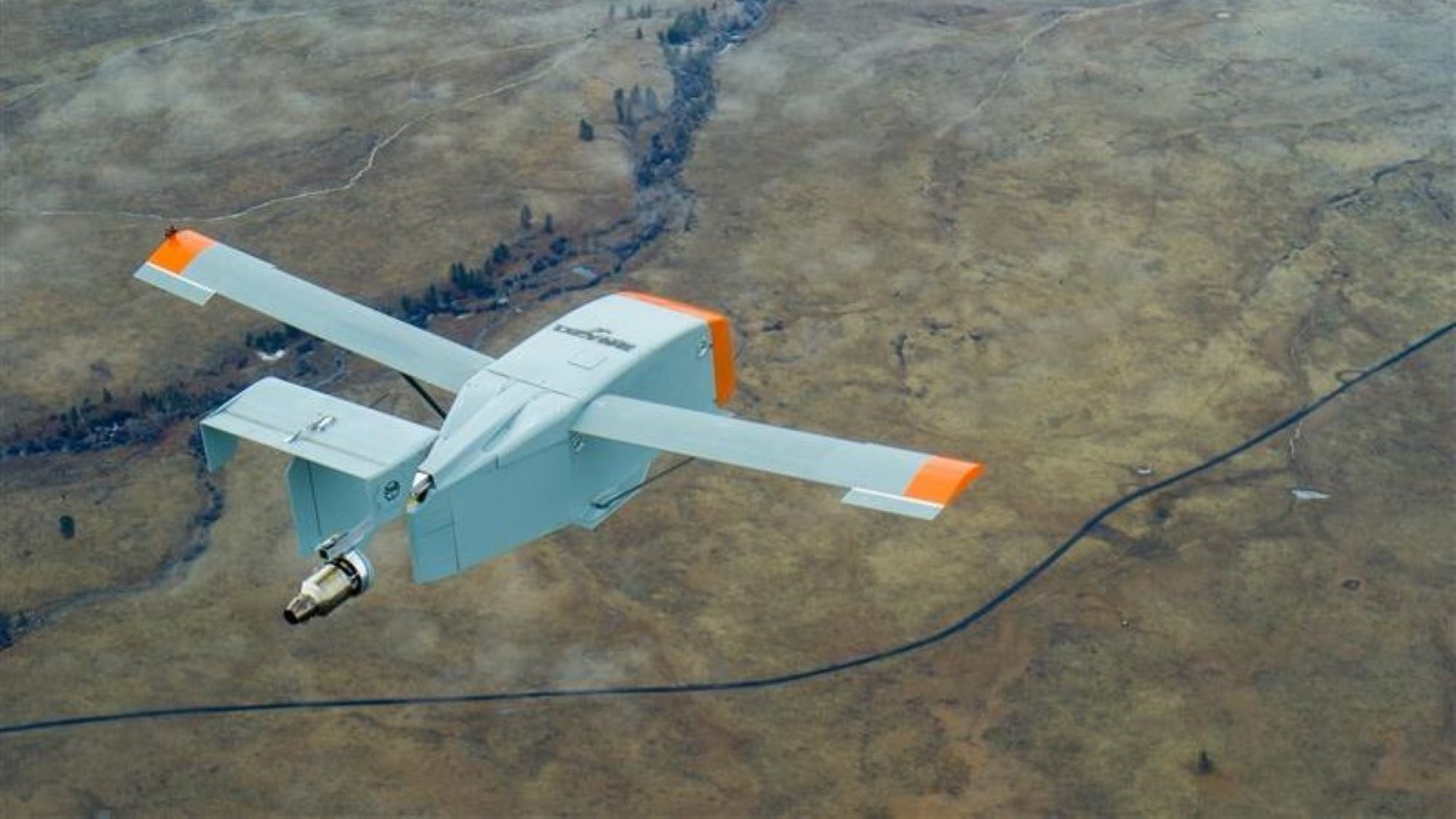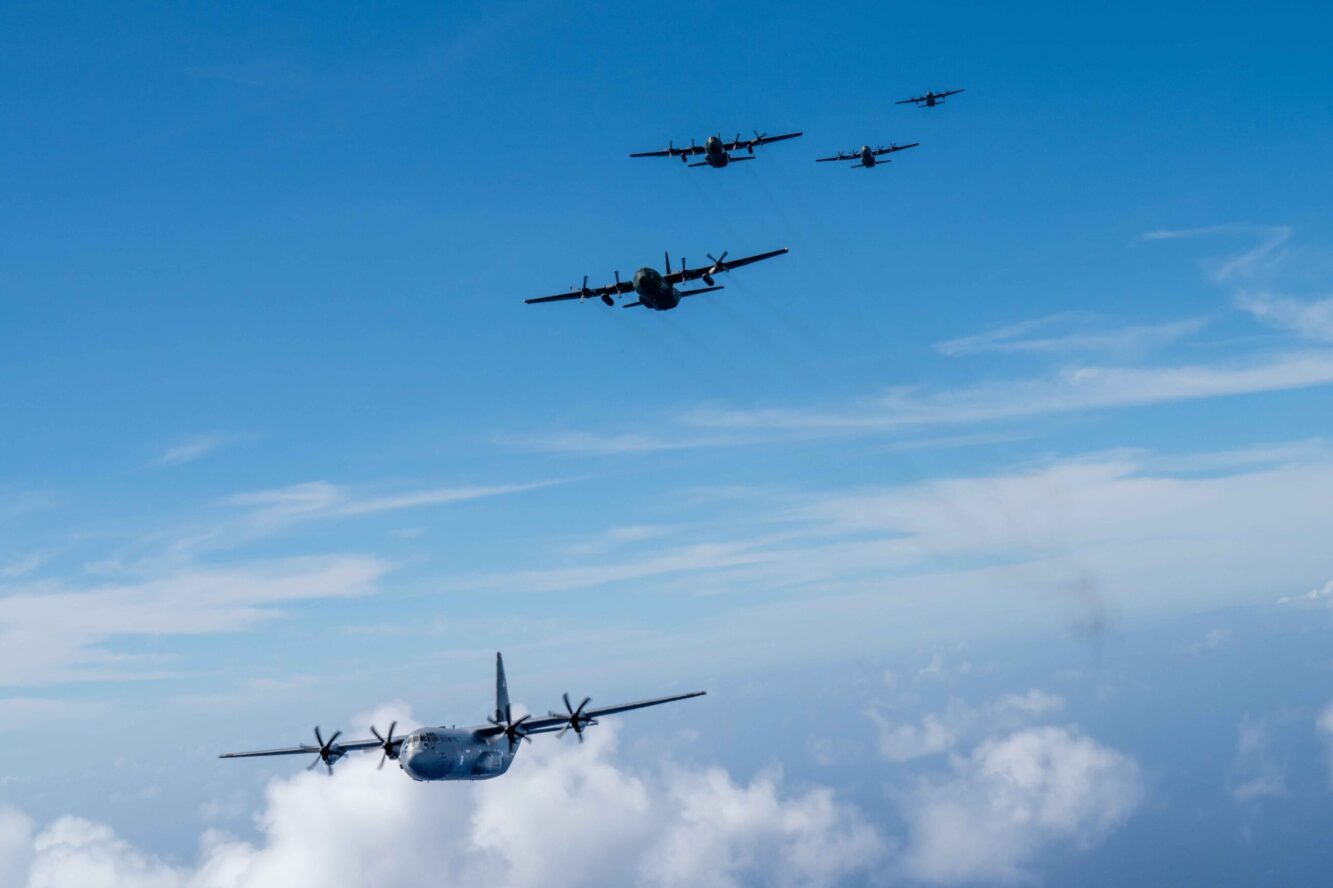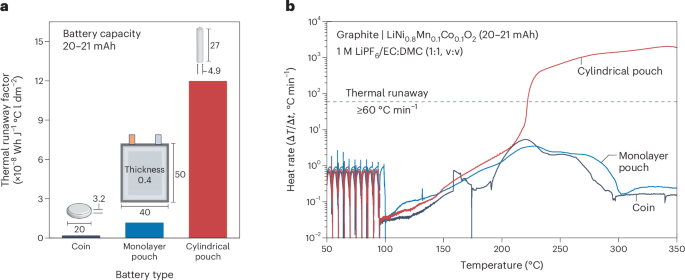Delaying Navy’s F/A-XX next gen fighter risks US being ‘outmatched’ by China, key lawmaker says
“We cannot wait,” Rep. Ken Calvert said. “Further, we cannot expect to grow the defense industrial base by undermining it.”
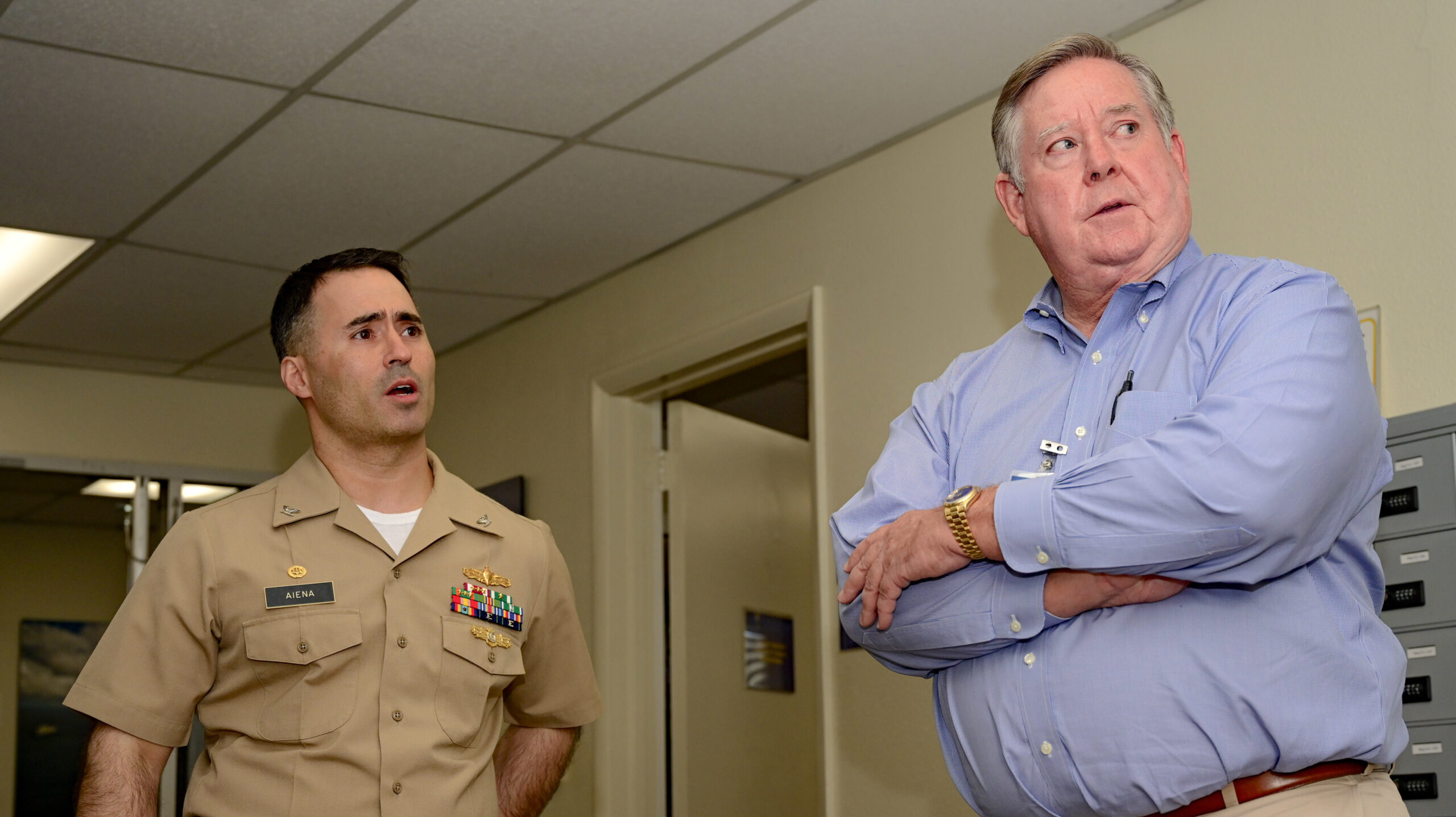

Capt. Mike Aiena, left, commanding officer of Naval Surface Warfare Center, Corona Division, and U.S. Rep. Ken Calvert, 42nd District of California and chairman of the Defense Subcommittee in the House Appropriations Committee, engage in a tour of the warfare center in Norco, California, Nov. 2, 2022. (U.S. Navy photo by Neil Mabini)
WASHINGTON — A top Republican appropriator today warned “any hesitancy” to proceed with the Navy’s planned F/A-XX program will leave the service “outmatched” in a potential future fight with China.
“We need sixth generation fighters. The US Navy needs sixth-generation fighters. I’m concerned that any hesitancy on our part to proceed with the planned procurement of the sixth-gen fighters for the Navy will leave us dangerously outmatched in a China fight,” Rep. Ken Calvert, R-Calif., the head of the House Appropriations subcommittee on defense, said during a posture hearing with the Navy secretary, acting chief of naval operations and commandant of the Marine Corps.
“We cannot wait,” he said. “Further, we cannot expect to grow the defense industrial base by undermining it. Aviation programs that rely on highly specialized supply chains and skilled labor cannot be turned on and off like a switch.”
As the chairman of the subcommittee, Calvert holds significant power over the bottom line funding the Navy ultimately receives for its next-generation strike fighter program — and virtually every other program in the president’s annual budget request. Calvert’s comments come the same day that Reuters reported an internal fight between the Navy, Congress and the White House is delaying what was an anticipated contract award to either Boeing or Northrop Grumman for the aircraft program slated to replace the Super Hornet and Growler fleets.
Acting CNO Adm. Jim Kilby in April said the F/A-XX decision was being worked at the “secretary-level and above” when asked about the status of the contract.
During the hearing, Rep. Jake Ellzey, R-Texas, said a “three-year delay [to the F/A-XX contract] is a defacto cancellation,” an ostensible reference to the Rueters report, which said that delaying the contract award would effectively nullify the current bids “because contracts and pricing would expire during that time making a new competition almost inevitable.”
Elsewhere in the hearing, lawmakers gave Kilby several opportunities to make his pitch to lawmakers on why the Navy needs the next-generation strike fighter sooner rather than later.
“The carrier is the most survivable airfield we have, period and stop. The sixth-gen fighter is the keystone of our air wing of the future,” the acting CNO said. The aircraft carrier “brings mass volume fires over and over and over again, where a submarine will have to be reloaded and a destroyer will have to be reloaded … and take it offline. That carrier has got sustainment power, and the thing that delivers it is is a fifth-gen and sixth-gen fighter into the future.”
When pressed to speak to the impacts of a potential F/A-XX delay and the domino effects on the aircraft carriers, Navy Secretary John Phelan said the service is “still trying to sort through the appropriate force posture and get the appropriate balance between manned and unmanned” platforms, but assured lawmakers the Navy would not do anything to imperil the fleet.
“Currently, our carrier is, I think, very, very good. It’s a mobile platform. It works very, very well. We will continue to develop that [force] posture, that idea, and be able to pivot, hopefully, as quick as possible,” he said. “So, I think we are still analyzing and looking at it, but I do not believe we’re going to do anything that would jeopardize the vulnerability of a carrier.”



























